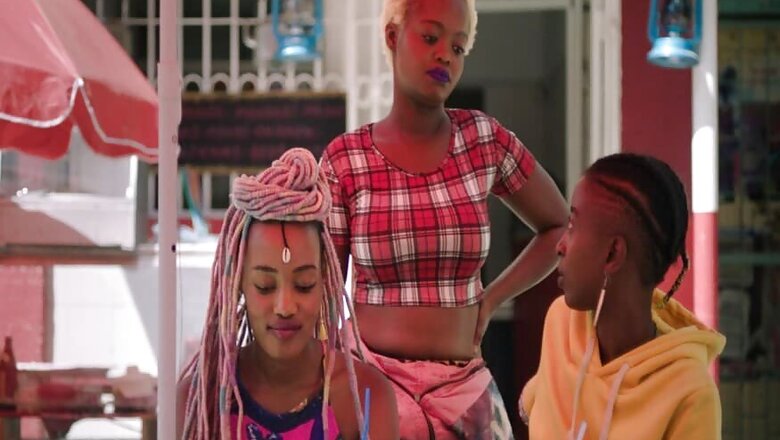
views
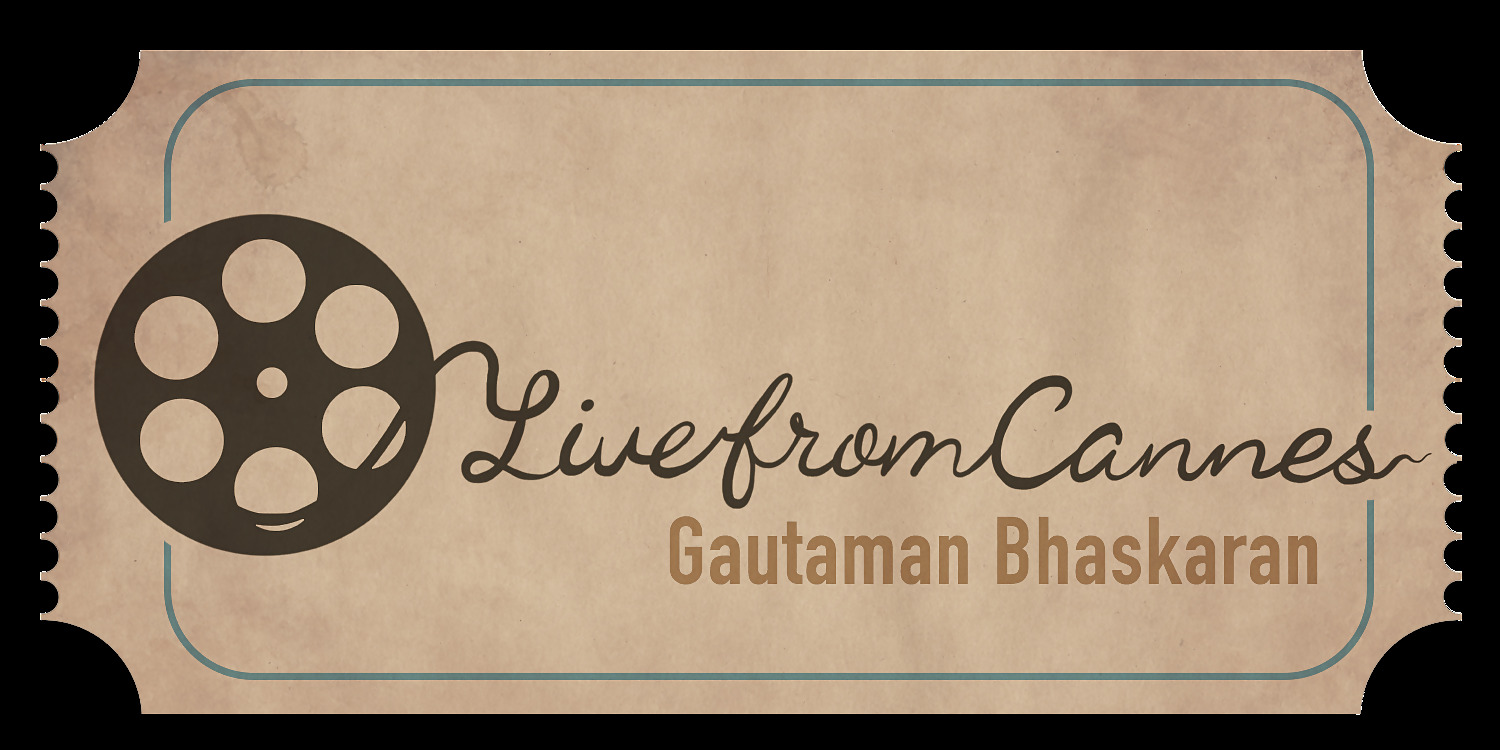
Happily Kenyan director Wanuri Kahiu did not have to smuggle her movie, Rafiki (Friend) in a pen drive hidden in cake to the ongoing Cannes Film Festival – like the Iranian auteur, Jafar Panahi, had to some summers ago.
Banned in Kenya by the Film Classification Board – a picture which looks so similar to that in India – Rafiki is a lesbian love story, and what is more, it is the first ever movie from the African country to premiere at Cannes. Part of A Certain Regard – the second most important section after Competition at Cannes that is known for screening radically experimental cinema – Rafiki played the other day to packed houses.
In Kenya, gay sex is punishable under the law with a 14-year jail term. In fact, homosexuality is viewed as a criminal offence in many African countries. “Gay rights are not of any major importance in Kenya”, President Uhuru Kenyatta told the CNN in an interview some weeks ago.
“I think that there are discerning audiences not only in Kenya but in the entire world that are able to judge what’s good and bad, and it’s not what’s defined by the Kenya Film Classification Board,” the film's director told the Associated Press. She said she had tried to have the movie classified for viewers 18 and above. “It’s limiting freedom of expression of artists in the country, and hence the growth of the industry,” she added.
The Board was adamant and quipped: “It is our considered view that the moral of the story in this film is to legitimise lesbianism in Kenya. Any attempt to introduce and normalise homosexuality in Kenya flies in the face of the law and the Constitution, and must be resisted.”
Despite what the Board feels, Rafiki is an extremely sober work which has nothing remotely titillating about it. Based on a prize-winning short story by Ugandan author Monica Arac de Nyeko, Rafiki is a romantic tale told in an extremely simplistic style. Set in a poor Nairobi housing colony, the movie talks about two young girls, Kena (Samantha Mugatsia) and Ziki (Sheila Munyiva). In a rigidly conservative society like Kenya, the fact that the fathers of the two girls are political rivals merely get a greater number of tongues wagging. Adding to this social mess is Kena's mother, who has not got over her divorce, and when she learns that her former's husband's new wife is pregnant, the emotional upheaval becomes apparent.
Kena and Ziki understand that their relationship is not going to be easy, and they decide to try and become economically independent. Kena pursues a degree in medicine, and Ziki plans to travel. But before this, both girls have to face violence and disturbing humiliation. With an utterly unfeeling police force refusing to help the girls, it is only Kena's father who proves to be an oasis of understanding in the desert of stifling conservatism and uncomfortable moralistic stances – all egged on by gossipy women.
Honestly, Rafiki is not a novel theme, especially in the times we now live in with LGBT films being produced with frequent regularity. And when one compares Rafiki with some of the current crop of movies on gay themes, it pales. There is nothing sexually dramatic in Rafiki like, for instance, Blue is the Warmest Colour had, and nothing emotionally powerful as in India's Aligarh -- with a marvellous actor like Manoj Bajpayee essaying a homosexual professor at Aligarh University. In contrast, Rafiki seems content with a few kisses and caresses. One can call this approach subtle and subdued, but I felt that the movie was so understated that it appeared like beer without fizz!
(Author, commentator and movie critic Gautaman Bhaskaran is covering the Cannes Film Festival for the 29th year, and may be e-mailed at [email protected])















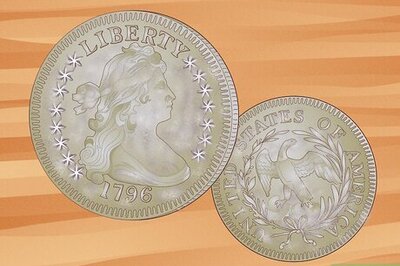
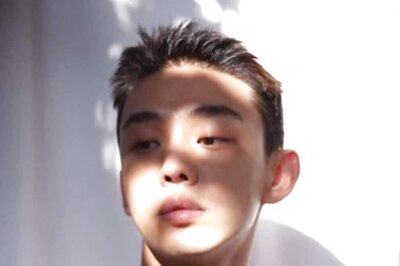
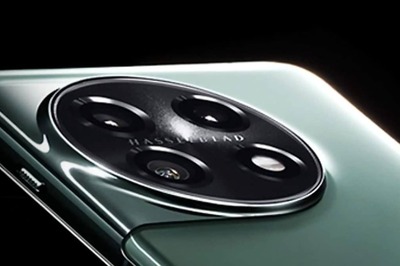
Comments
0 comment